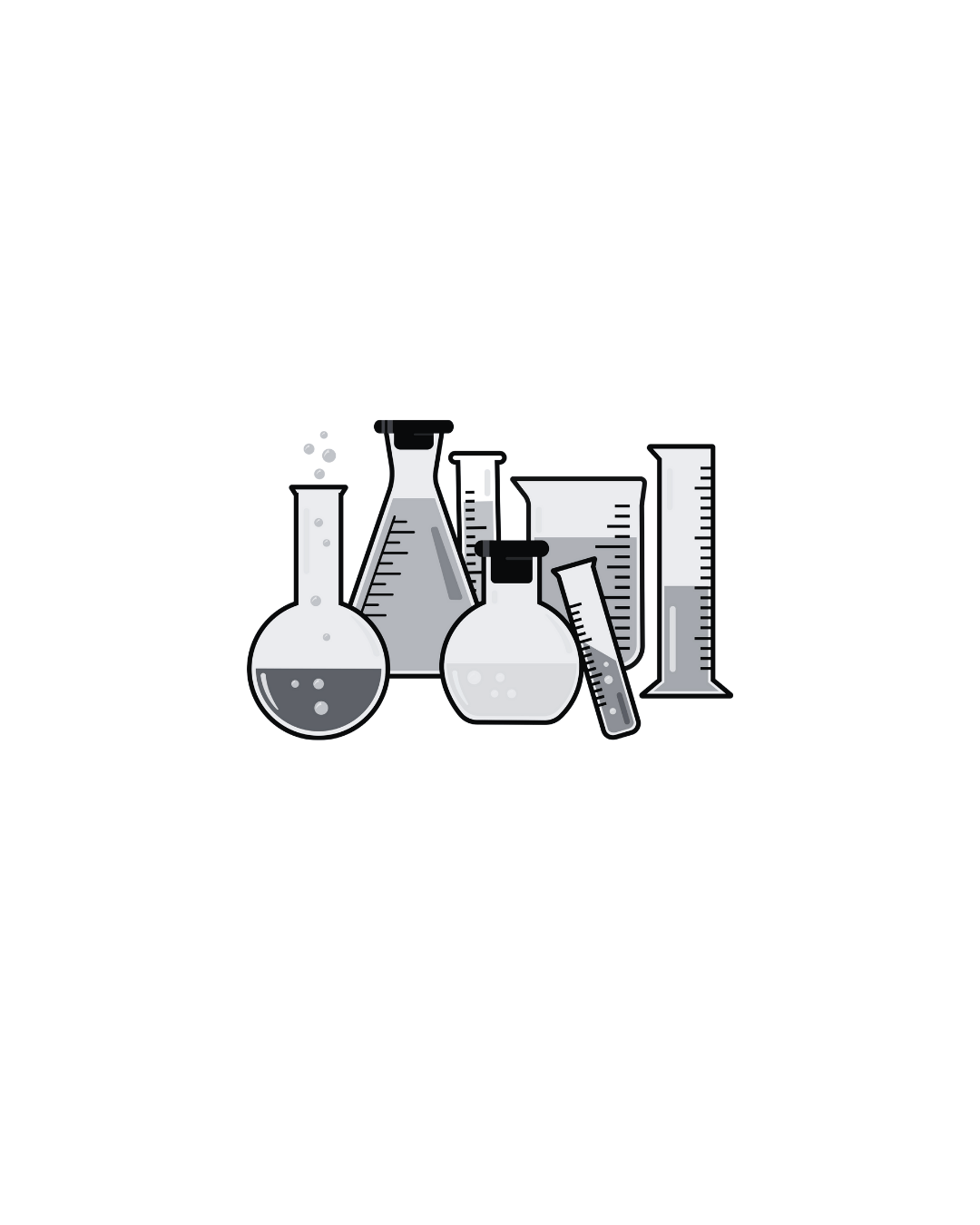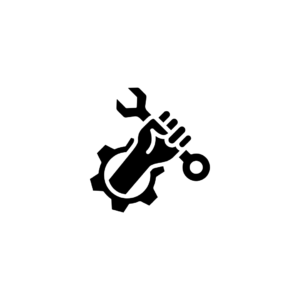Description
A Diploma Lateral Entry in Chemical Engineering is designed for students who have completed a relevant technical diploma (such as in mechanical engineering, electrical engineering, or a related field) and wish to further specialize in chemical engineering. This program allows for direct entry into the second year of the diploma course, enabling students to build on their foundational knowledge while focusing on the processes and technologies used in the chemical industry.
Curriculum Overview
The curriculum for a Diploma Lateral Entry in Chemical Engineering typically includes a combination of theoretical coursework and practical laboratory experiences. Here are some common subjects and areas of study you might encounter:
Fundamentals of Chemical Engineering:
Introduction to the principles of chemical engineering, including mass and energy balances.
Thermodynamics:
Study of thermodynamic principles as applied to chemical processes, including phase equilibria and energy transfer.
Fluid Mechanics:
Understanding the behavior of fluids in motion and at rest, including flow dynamics and fluid properties.
Chemical Reaction Engineering:
Principles of chemical kinetics and reactor design, focusing on how reactions occur in different types of reactors.
Separation Processes:
Techniques used for separating mixtures into their component parts, such as distillation, filtration, and adsorption.
Process Control and Instrumentation:
Overview of control systems used in chemical processes, including measurement and control technologies.
Heat and Mass Transfer:
Study of the principles governing heat and mass transfer operations in chemical engineering processes.
Chemical Process Design:
Introduction to designing chemical processes, including safety considerations and economic analysis.
Biochemical Engineering:
Basics of biochemical processes and the role of biochemical engineering in the production of pharmaceuticals and biofuels.
Environmental Engineering:
Understanding the environmental impact of chemical processes and techniques for pollution control and waste management.
Materials Science:
Study of materials used in chemical processes, including polymer science and the properties of chemical products.
Project Work:
A practical project allowing students to apply their chemical engineering knowledge to real-world problems or design challenges.
Career Opportunities
Graduates of a Diploma Lateral Entry in Chemical Engineering can find various career opportunities across multiple sectors, including manufacturing, pharmaceuticals, food processing, and environmental services. Some potential job roles include:
Chemical Engineer: Involved in the design, development, and optimization of chemical processes and equipment.
Process Technician: Operating and monitoring chemical processes in manufacturing plants, ensuring quality and safety standards.
Production Supervisor: Overseeing production operations and managing teams in facilities manufacturing chemical products.
Quality Control Analyst: Testing and analyzing chemical products to ensure they meet specifications and regulatory standards.
Environmental Technician: Conducting assessments and implementing solutions for environmental management and pollution control.
Safety Officer: Ensuring compliance with safety regulations and practices in chemical plants and laboratories.
Research and Development Technician: Assisting in the development of new chemical products or processes through experimental design and analysis.
Laboratory Technician: Performing chemical analyses and experiments in research or quality control laboratories.
Sales Engineer: Providing technical support and expertise in selling chemical products and equipment.
Plant Engineer: Focusing on the maintenance and reliability of chemical plants and machinery.
Further Education
After completing the Diploma Lateral Entry in Chemical Engineering, graduates may choose to further their education by pursuing a Bachelor?s degree in Chemical Engineering or a related field. Additionally, obtaining certifications in specialized areas such as process engineering, safety management, or environmental engineering can enhance career opportunities and professional development.
If you have any questions about the Diploma Lateral Entry in Chemical Engineering program, potential career paths, or any related topics, feel free to ask!









